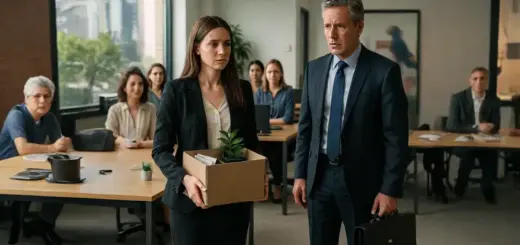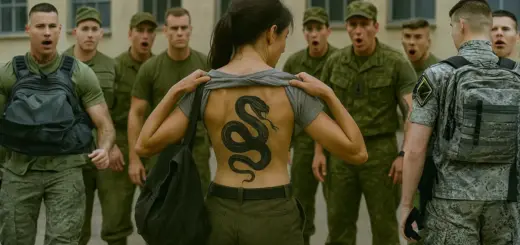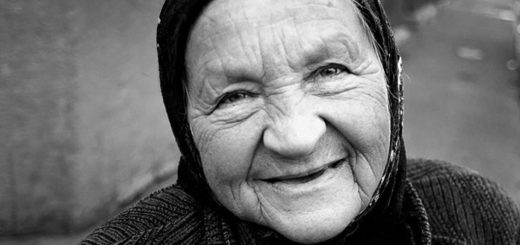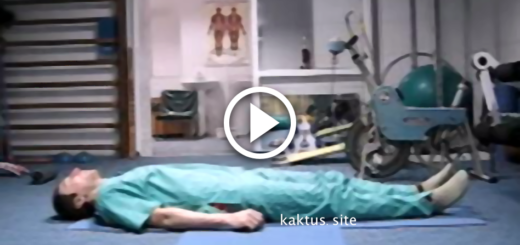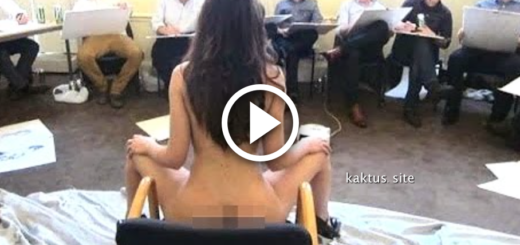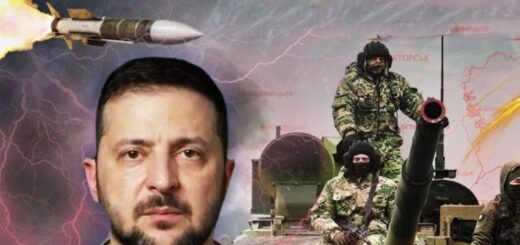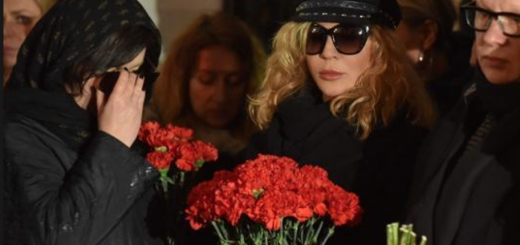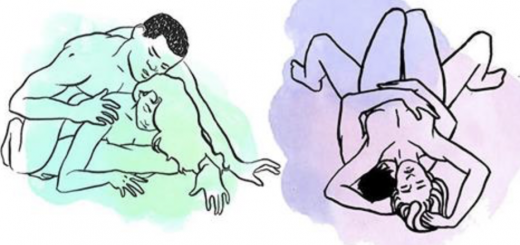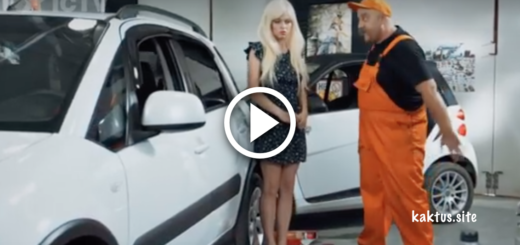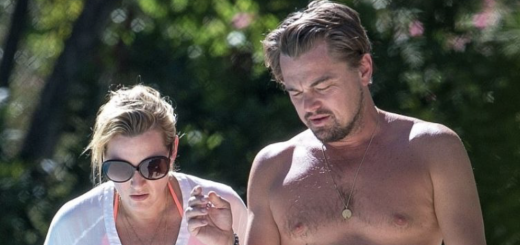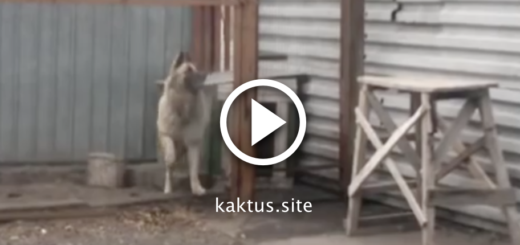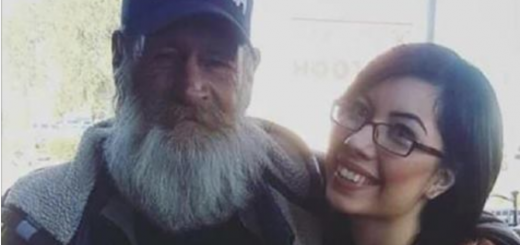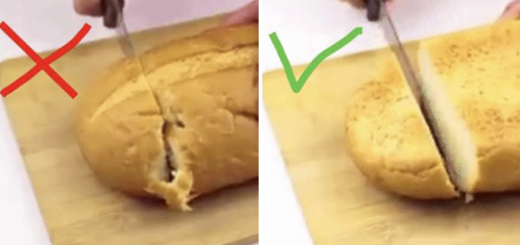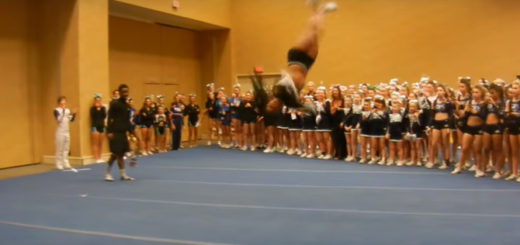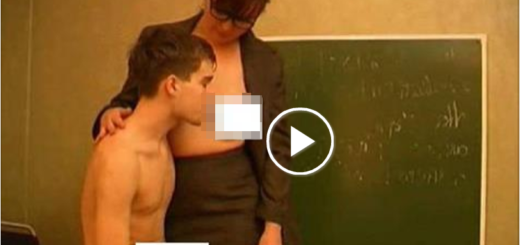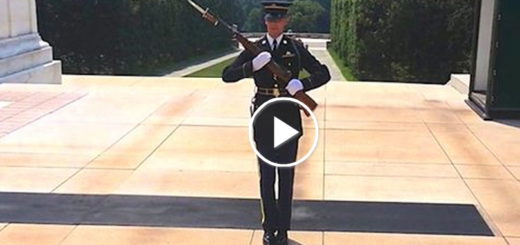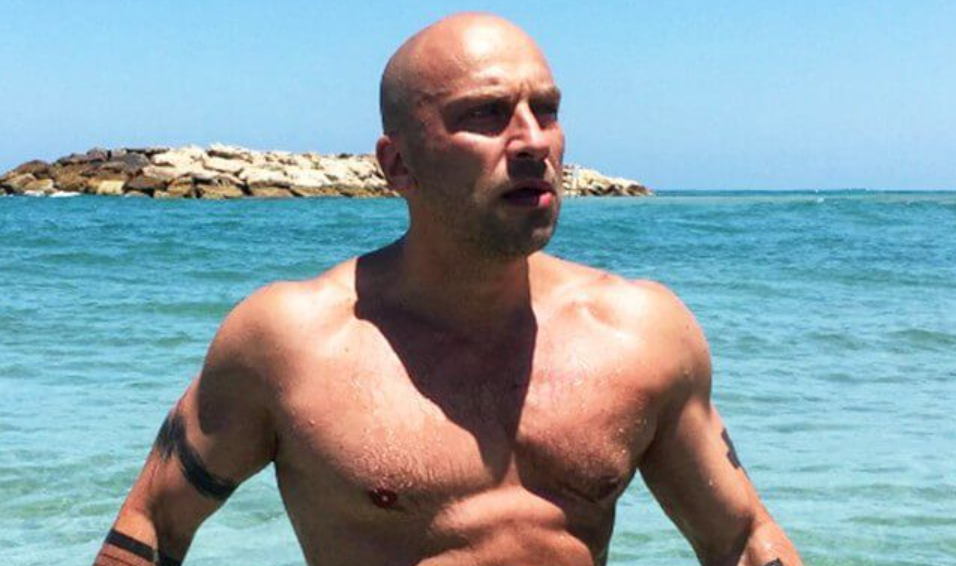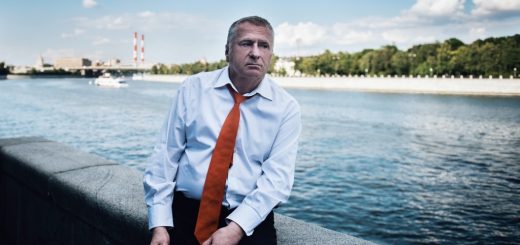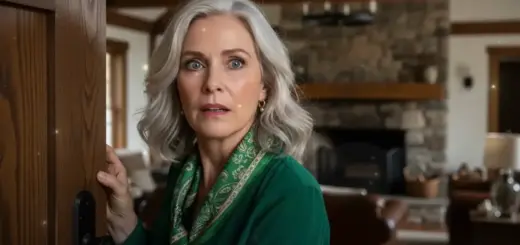For a long moment, I sat motionless, tears streaming down my face. The man I’d known for only four days had somehow become important to me beyond our mutual desire for justice. In caring for him, I’d found a strength and clarity I didn’t know I possessed.
At dawn, I called Diane the hospice nurse, who arrived promptly to confirm what I already knew. She seemed surprised by how peaceful Victor appeared. «Many terminal patients show signs of distress,» she commented. «He looks like he simply fell asleep.»
«He did,» I said quietly, «reading Raymond Chandler and drinking 50-year-old port.»
After Diane made the official pronouncement, I called the funeral home Patricia had recommended. Two somber men arrived within the hour to collect Victor’s body. One of them knew Victor from community functions and expressed genuine condolences. «He was a good man,» he said, «always generous with the fundraisers.»
Once they left, the house felt suddenly empty. I allowed myself a few moments of genuine grief before focusing on the next phase of our plan. Brady and his family would be returning the following day, expecting to find a dying man they could comfort in his final hours, thereby easing any guilt about their abandonment. Instead, they would find me and the consequences of their actions.
I placed Victor’s letter in a cream-colored envelope and propped it against the family photo on the mantelpiece, a photo I now noticed showed Brady and his mother smiling broadly while Victor stood slightly apart. In the dining room, I arranged the extensive documentation of neglect in clearly labeled folders: Canceled Medical Appointments, Financial Exploitation, Recorded Evidence of Neglect. Victor’s video testimony was queued up on the television, ready to play at the press of a button.
Finally, I went to the master bedroom and packed my few belongings. Beside my suitcase, I placed printouts of the cruise photos Brady and his family had posted throughout the week, creating a stark visual timeline that contrasted their poolside cocktails with Victor’s documented decline. Everything was arranged for maximum impact when they returned, a carefully orchestrated revelation that would ensure they faced the full weight of their choices.
Standing in the center of the silent house, I felt a profound sense of purpose. This wasn’t just about revenge anymore. It was about justice for a man who deserved far better than he’d received from those who should have cared for him most. «It’s done, Victor,» I said softly to the empty room. «They’ll understand exactly what they’ve lost.»
I spent Monday morning in a strange calm, waiting for the inevitable. Around noon, I heard the sound of car doors slamming, followed by laughter and chatter as Brady and his family returned from their cruise. Taking a deep breath, I smoothed down the simple black dress I’d purchased the day before and positioned myself in the living room, near Victor’s empty rocking chair.
The front door burst open. Brady entered first, his mother Elaine right behind him, followed by Melissa and Hannah, the colleague, who was clearly more than that. They were all sunburned and smiling, their arms laden with duty-free shopping bags and tacky souvenirs.
«Honey, we’re home!» Brady called out, his voice cheerful until he saw me standing there, my expression solemn. His smile faltered. «What’s with the funeral get-up?»
Elaine pushed past him, dropping her designer handbag on the console table. «Where’s Dad? Is he napping?» Her tone was casual, as if inquiring about a pet rather than her dying husband.
«Victor passed away Saturday night,» I said quietly.
The shopping bags in Brady’s hands dropped to the floor. Hannah, uncertain of what to do, took a step back toward the door.
«What do you mean, passed away?» Elaine demanded, as if I’d made a mistake in vocabulary.
«He died peacefully in his sleep around midnight,» I continued, maintaining my composure. «The funeral service was yesterday afternoon. Many of your neighbors attended, along with Victor’s friends from his banking days. It was quite a lovely turnout, actually.»
Brady’s face cycled through shock, disbelief, and then, most tellingly, calculation. «You held the funeral without us? Without his family?»
«His family was invited,» I replied. «I left multiple messages about his declining condition. You chose not to respond.»
Melissa stepped forward, her face pale beneath her tan. «I told you about that call, Brady. I said Uncle Victor looked really bad.»
Brady waved her off impatiently. «This is—this is unbelievable. We need to sit down.»
«Yes,» I agreed. «We do.» I gestured to the living room, where Victor’s letter waited on the coffee table. They filed in silently, nobody wanting to sit in Victor’s rocking chair, which stood empty like an accusation.
«There are some things you need to know,» I said, picking up the cream-colored envelope. «Victor left this letter to be read to you upon your return.»
«Did he change his will?» Elaine interjected bluntly. «Is that what this is about?»
I met her eyes directly. «Perhaps you should hear his words first.» I unfolded the letter and began reading Victor’s message. His disappointment flowed through my voice: the holidays spent alone, the doctor’s appointments canceled for convenience, the overheard comments about waiting for the old man to die. As I read, I watched their reactions. Elaine’s face hardened defensively. Brady fidgeted, avoiding eye contact with anyone. Melissa looked increasingly uncomfortable.
«‘The greatest pain in life,'» I read, «‘is not illness or even death, but the realization that those you loved saw you only as an obligation, a task to be managed, an inconvenience to be tolerated.'» When I finished, a heavy silence filled the room. Hannah, clearly wishing to be anywhere else, stared at her feet.
Finally, Brady cleared his throat. «Look, Dad was confused at the end. His medication…»
«Victor was perfectly lucid,» I interrupted. «In fact, he made a video statement you might want to see.»
«This is ridiculous,» Elaine declared. «Some end-of-life ramblings from a sick old man don’t change the legal realities. Brady is his next of kin and—»
«Actually,» I said, standing up, «there’s more you should see.» I led them to the dining room where I’d arranged the evidence files. Brady’s eyes widened as he took in the meticulous documentation laid out in chronological order.
«What is all this?» he demanded.
«Evidence,» I replied simply. «Of financial exploitation, medical neglect, and abandonment.» I opened the first folder, revealing bank statements with highlighted transfers. «Victor kept detailed records of every dollar taken from his accounts for supposed care expenses that were never provided.»
Elaine snatched up one of the statements. «He gave us that money. We were caring for him.»
«By leaving him alone for Thanksgiving with inadequate medication, no food in the refrigerator, and the heat turned down to sixty-two degrees?» I asked, opening another folder containing the timeline of their departure preparations. «There are statements from six different neighbors who witnessed his neglect. And then there’s this.»
I pressed play on the tablet, and Victor’s video testimony began. His calm, articulate description of years of mistreatment silenced even Elaine’s protests. Brady’s face grew increasingly pale as Victor described specific incidents: medications diluted, appointments canceled, disparaging comments made when they thought he couldn’t hear.
«This is all a setup,» Brady finally sputtered, jabbing a finger toward me. «She manipulated a dying man.»
The doorbell rang before I could respond. Perfect timing. Patricia stood on the doorstep, the notary Thomas beside her. «Am I interrupting?» she asked with professional coolness.


